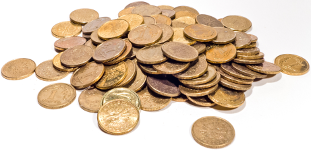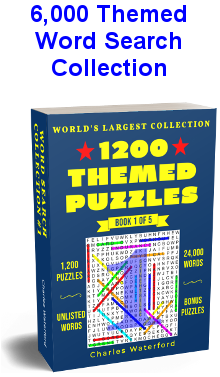Reverse Spelling Bee

| No. of Players: | 2+ |
| Type of Game: | spoken |
| What you need: | nothing |
Goal
To spell words backwards.
How to play
This is a variation of the Back-words word game. One player is the word giver and says a word to the next player who must spell that word backwards. Players drop out of the game with incorrect spellings. Alternatively, points can be given for correct spellings, or taken away for unsuccessful attempts. The player with the most points becomes the word giver in the next round. Players can also divide into two teams if there are enough players; in which case, players from one team give words to players of the other team to spell backwards. The team with the most points after a set number of rounds is declared the winner. Players can also agree on a set maximum (or minimum) word length, or gradually increase the length of words from round to round for added difficulty.
This game is similar to Spelling Bee and Group Spellers.
Example
| Aubree: | How do you spell MARRIAGE backwards? |
| Brisa: | E–G–A–I–R–R–A–M |
| Aubree: | Correct, one point awarded. How do you spell GRAPPLE backwards? |
| Cody: | E–L–P–A–R–G |
| Aubree: | Nope. There are two P's. You lose a point. Next word is ENDORSE. |
| Duke: | E–S–R–O–D–N–E. |
| Aubree: | That's a point. |
And so on.
Did you know?
While there were sporadic spelling competitions as far back as the early 1800s, the annual National Spelling Bee as we know it today only started in 1925.



The winning word that year was gladiolus, a flowering plant in the iris family – spelled correctly by 11 year old Frank Neuhauser of Kentucky who won $500 and a trip to the White House to meet President Calvin Coolidge. But before you laugh at such a paltry amount, know that $500 in 1925 is roughly $8,000 in 2021.

Morevoer, given that Frank's actual winnings were paid in gold pieces, and gold was $20 an ounce back then versus today's price of nearly $2,000 an ounce, that's a payout of around $50,000. Not a bad haul for the young lad!
Interestingly, some winning words of the National Spelling Bee don't seem to be all that hard. Consider these three: (hover over the words for their definitions)
Knack (1928)
Therapy (1940)
Initials (1941)
But how many people can spell these words correctly?
Eudaemonic (1960)
Staphylococci (1987)
Autochthonous (2004)
Cymotrichous (2011)
Scherenschnitte (2015)
Thank goodness for spell check!

